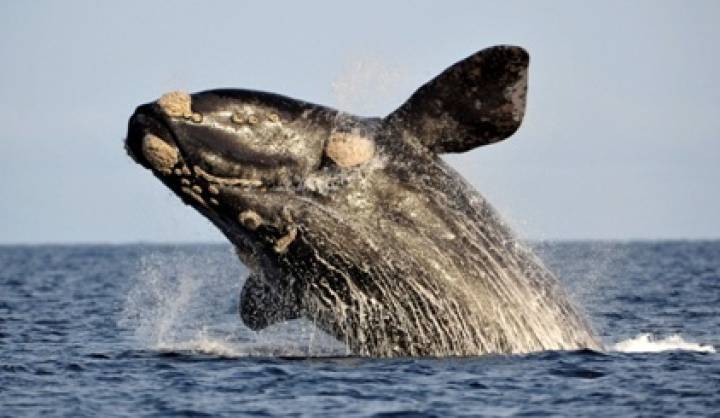- The death of Right Whales in Argentina
- 13/1/2014
-

- Share
- Tweet
-
The Right Whales or Eubalaena Australis (subspecies of cetacean characteristic of the Eastern part of the Southern Hemisphere) use the Valdes peninsula in Argentina as a breeding ground. Since 2003 registers show more than 600 beached whales in the Argentinean coast, 538 of which were whale calves. In fact 113 calves died in just last year. That is why Scientifics from all around the world are being mobilised to find the cause of this problem.
The program of Sanitary Control of the Austral Whale is being leaded by Dr Marcela Uhart, expert veterinarian and Denise McLoose, pathologist and veterinarian, both Wildlife Conservation Society collaborators. They explain that during 2012 a third of whale calves from the peninsula died. This situation generates a warning about the continuity of the species as the current population is just a small fraction of its original size.
Nowadays the team doesn’t know the certain cause of the deaths. Samples of tissues have been recollected, and tested for infectious diseases and toxics. The only common pattern in the incident is that most of the whales are newborns.
Scientifics got together for the 44 Annual Conference of the International Association of Medicine for Aquatic Animals (IAAAM) celebrated in Saulito, California to analyse the new findings about this happening. Dr. Peter Thomas, coordinator of the workshop, explains that analysing the high mortality rates in successive years it can be deduced that whales in Valdes “are less healthy and resistant than we thought”. It could be due to the continuous attacks of seagulls, especially aggressive with the young whales. These birds feed from the whales' flesh and fat but they and cause severe injuries to them.
Explaining the causes of these deaths is essential for the conservancy of the species, critically endangered not only in Argentina but also in the rest of the world, especially if they could face a similar crisis.


